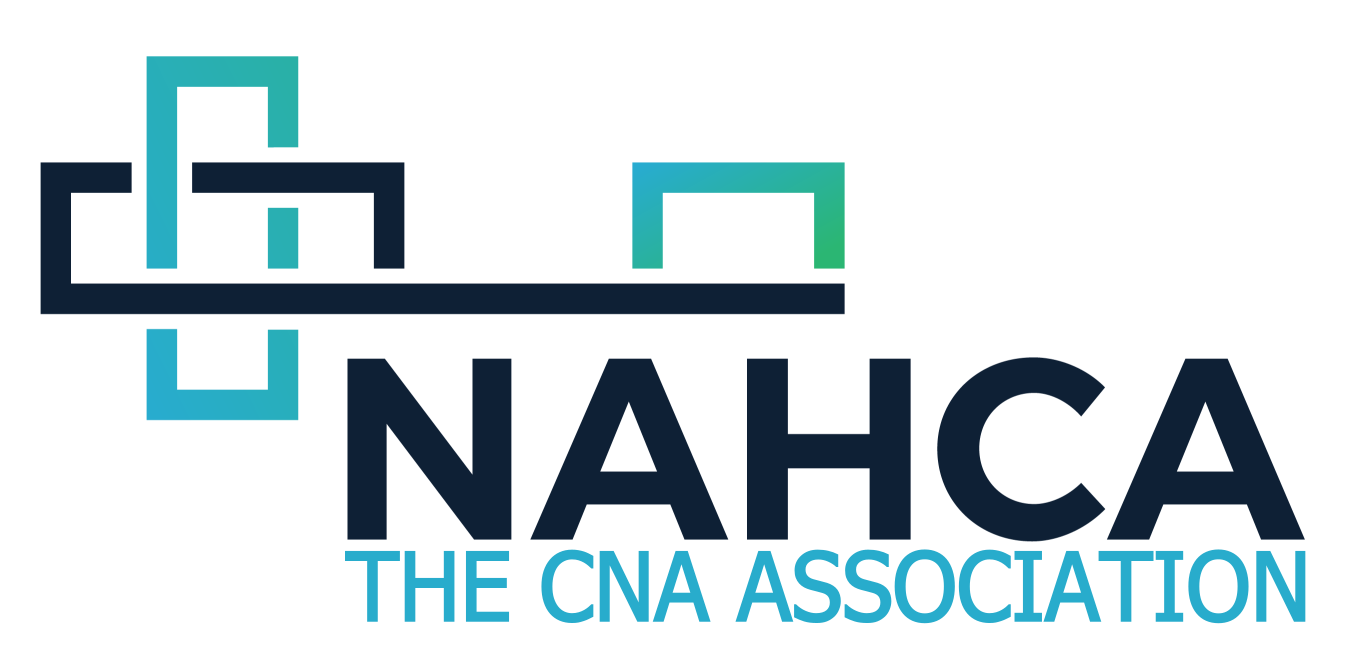[rev_slider alias=”slider-3″ slidertitle=”Media Header 1″][/rev_slider][rev_slider alias=”media-page-navigation” slidertitle=”Media Page Navigation”][/rev_slider]
NAHCA Responds to CMS Phasing Out TNA Waivers
CARL JUNCTION, MO – (April 7, 2022): The National Association of Health Care Assistants (NAHCA), representing more than 26,000 Certified Nursing Assistants (CNAs) across the country who provide life sustaining care to the nation’s frail and elderly, released the following statement today in response to the Centers for Medicare & Medicaid Services’ (CMS) announcement that it will be phasing out some temporary waivers linked to the public health emergency (PHE), including the temporary nursing aide (TNA) program.
This statement is attributable to Lori Porter, co-founder and CEO of NAHCA:
“NAHCA has always supported efforts to bring more qualified staff, including nursing assistants, into post-acute and long-term care settings. However, we have long been concerned about bringing in nursing assistants without appropriate training. Shortly after the pandemic started, CMS began to allow caregivers to complete eight hours of online training instead of the 75 hours normally required. Our fears that these TNAs, however well-meaning and committed they might be, were unprepared to provide the challenging, complex care required of our frail elderly residents, were quickly proven to have validity. We heard stories from numerous NAHCA members about TNAs being ill- equipped to handle various tasks and care processes, actually placing additional burdens on CNAs, and sometimes having a negative impact on care.
“NAHCA supports the elimination of the TNA training. We further support the resumption of the Nurse Aide Training & Competency Evaluation Program (NATCEP) requirements. TNAs should be mandated to take the remaining hours of a typical course (about 75 hours) if they want to become CNAs. The skills that CNAs learn during this training is vitally important to delivering high-quality care to residents. To require less than this rigorous training leads to a knowledge deficit that can put residents at great risk.”
NAHCA Board Chair Sherry Perry said, “I have witnessed first-hand how important training is to the care provided by CNAs and the tremendous risks to patient safety and quality of life that are posed when this training is lacking. NAHCA takes great pride in the skills and knowledge our members bring to their work and their significant contributions to quality care for our vulnerable older adults. We applaud this decision by CMS.”



